
What does it mean when a person helps waiters remove plates from the table, according to psychology?
Helping a waiter to clean a table may be more than just a simple act of kindness.
A simple act like stacking plates at a restaurant might seem like a courteous gesture, but
psychologists suggest it reveals much more about a person’s character.This small action can offer insights into traits such as empathy, social anxiety, or a desire for approval.
Psychologist Francisco Tabernero explained (via
Complexions Dance) that helping a waiter clear the table isn’t just about politeness.It can indicate a person’s awareness of others’ efforts and a willingness to ease their workload.
However, not all motivations behind this act are rooted in kindness.
For some, the urge to help may stem from social anxiety or a need to avoid negative judgment.
This behaviour is known as passive assertiveness, and is said to seek approval rather than actually working for your own needs.
These subtle showings of personality extend beyond dining experiences. In professional settings,
employees who engage in helpful behaviours can enhance team productivity and cohesion.Such actions demonstrate dedication to the group’s success and are valuable soft skills in any workplace.

Sometimes, the smallest acts speak the loudest about who we are.
Have you ever noticed someone in a restaurant quietly helping clear the table for the servers?
That simple gesture reveals surprisingly deep insights into their personality and empathy.
According to psychologists, this behavior goes beyond just lending a helping hand; it’s a window into complex human kindness and social instincts.
At first glance, helping servers clear plates and gather glasses might seem like just good manners or a polite habit.
But psychologists emphasize that this prosocial behavior – acting voluntarily to improve someone else’s experience – signals a remarkable sensitivity and care for others. Martin L. Hoffman, a psychologist and emeritus professor of clinical psychology at New York University, explains, “When I see this gesture, it means the person truly worries about improving the day of the person they’re helping.”
This kind of involvement isn’t just about logistics. It shows a genuine emotional connection and a desire to bring comfort or ease to someone they may not even know well.
Helping a stranger in a restaurant reflects a powerful human impulse to foster social goodwill, a trait worth noticing in everyday life.

Why only some people engage in prosocial acts with strangers
Sure, most of us engage in acts of kindness with family and close friends, but psychologists note that helping strangers in such a spontaneous way is less common. What sets these individuals apart?
Studies suggest it comes down to innate empathy as well as learned behavior from childhood.
Experts like Hoffman and Michael Tomasello, an American psychologist, point out that children often mirror the helpful attitudes of their environment.
If raised in a setting where helping others—even strangers—is encouraged and modeled regularly, they’re more likely to carry that behavior into adulthood.
So, when you see someone stacking plates or handing over condiments to a server without being asked, you’re witnessing a grown-up who probably learned that
kindness transcends immediate circles.This ability to spontaneously help makes social bonds stronger and communities warmer.
Clearing restaurant tables is just one slice of a larger set of behaviors psychologists call prosocial.
Think about helping a parent manage a stroller down stairs, carrying the groceries for a neighbor, or donating blood.
These actions share a core purpose: to improve others’ well-being without expecting anything in return
.Volunteering, whether it’s in shelters or local events, also falls within this meaningful category.
These efforts may sometimes feel small or routine, but they build mutual trust and reinforce kindness in society.
Psychologists say that practicing such prosocial acts contributes to personal satisfaction and even boosts community health overall.
Reflecting personally, I remember once sitting in a busy diner when a customer a few tables away started gathering the empty plates and glasses without any prompting.
It caught my attention because it showed a thoughtful attentiveness that’s easy to overlook.
It reminded me that kindness can be quiet yet powerful.
Watching that act sparked a little self-reflection: How often do I offer help beyond expected manners?
When was the last time I reached out to make someone’s day smoother without being asked?
It taught me that these moments of spontaneous generosity create ripples far beyond the initial act—making spaces more pleasant and uplifting for everyone around.
Maybe next time you’re dining out, try lending a hand when you notice servers busy clearing tables.
It’s a simple step that reveals a lot about your empathy and care for others.
Who knows? You might make their day a little easier and brighten your own mood too.
What do you think? Have you ever helped clear a table or noticed someone doing it?
Share your thoughts or experiences below and let’s talk about those small, powerful moments of kindness that make life richer.
News in the same category


The Tradition Behind Japanese Floor Sleeping
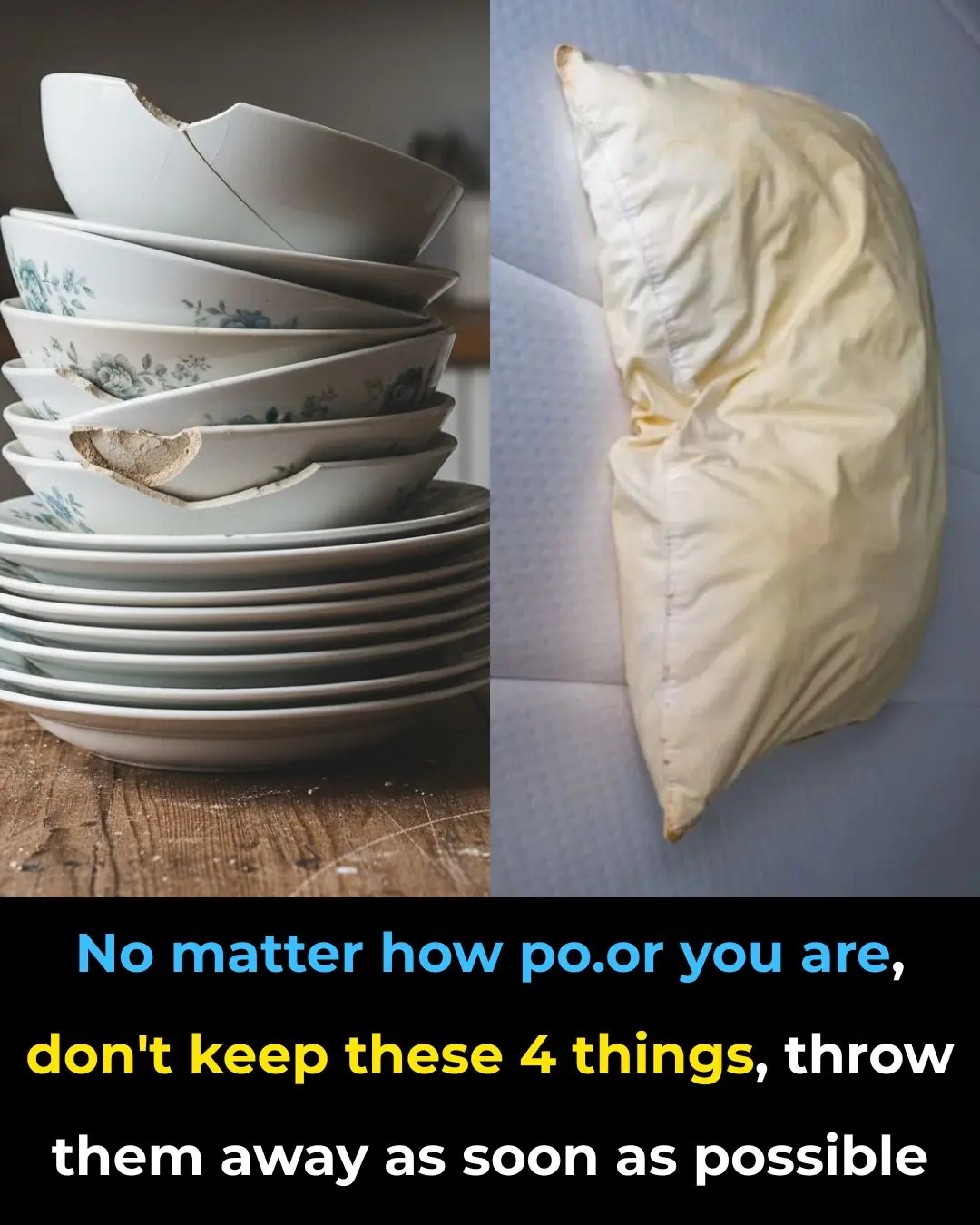
14 Items to Throw Away Right Now

They are waiting at the bus stop … See it below!👇
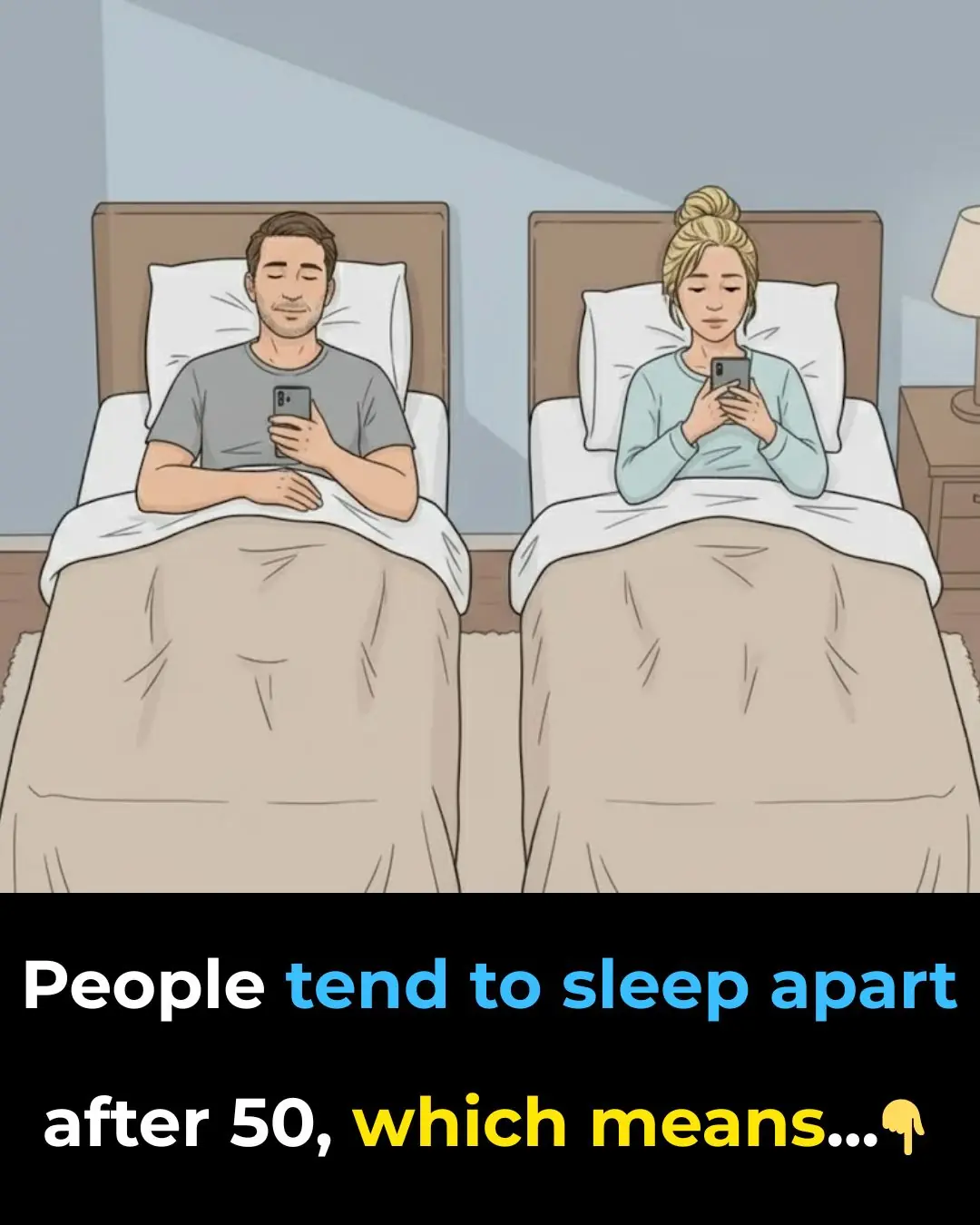
People tend to sleep apart after 50, which means

What does that behavior mean psychologically?

U.S. Life Expectancy Lags Behind Other Wealthy English-Speaking Nations — The Contributing Factors

The 1,300-Year-Old Loaves That Brought the Words “I Am the Bread of Life” to Life

The vegetable at the top of the list of 'liver-damaging king', if you eat it, don't blame your liver for early liver damage
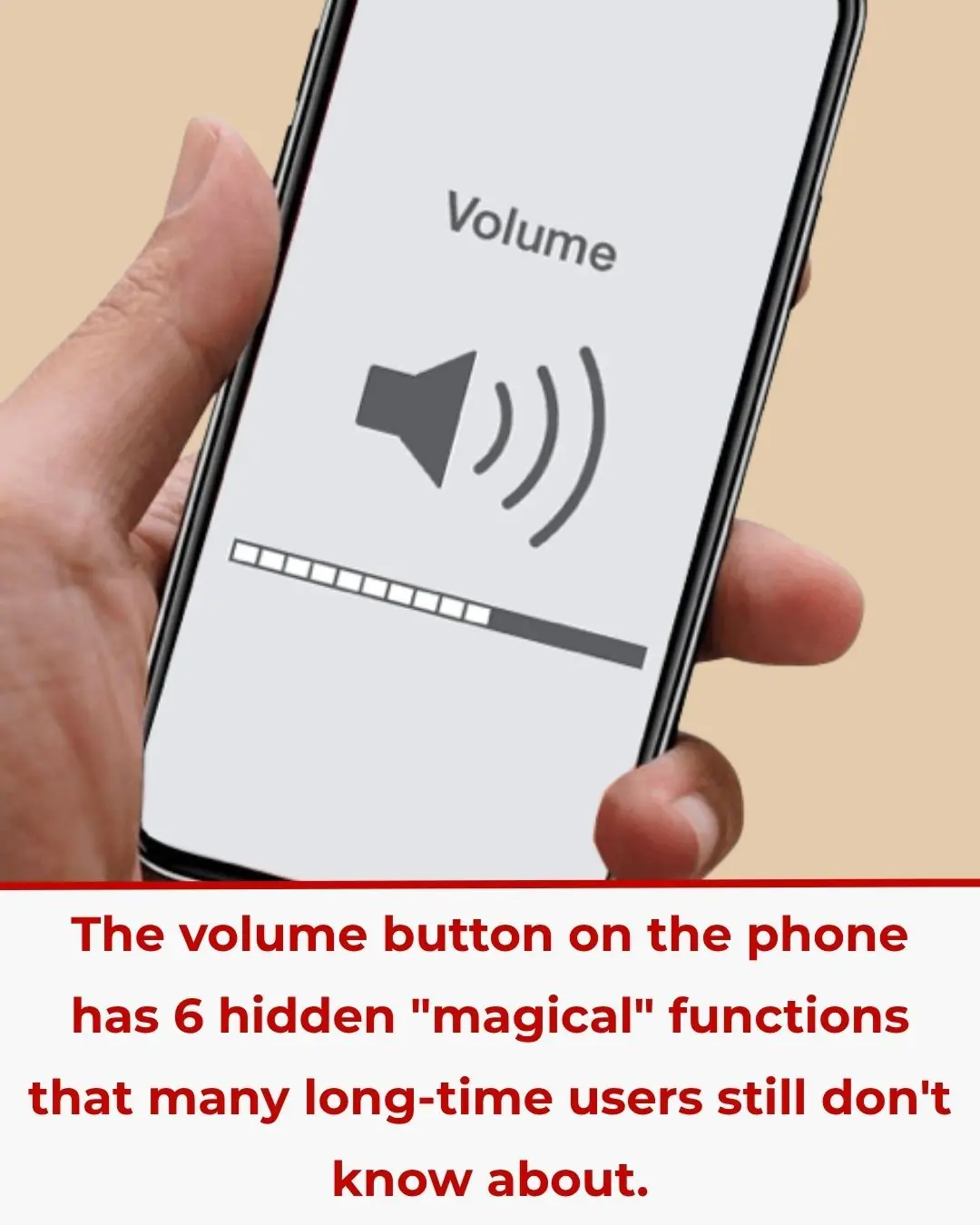
The volume button on the phone has 6 hidden "magical" functions that many long-time users still don't know about
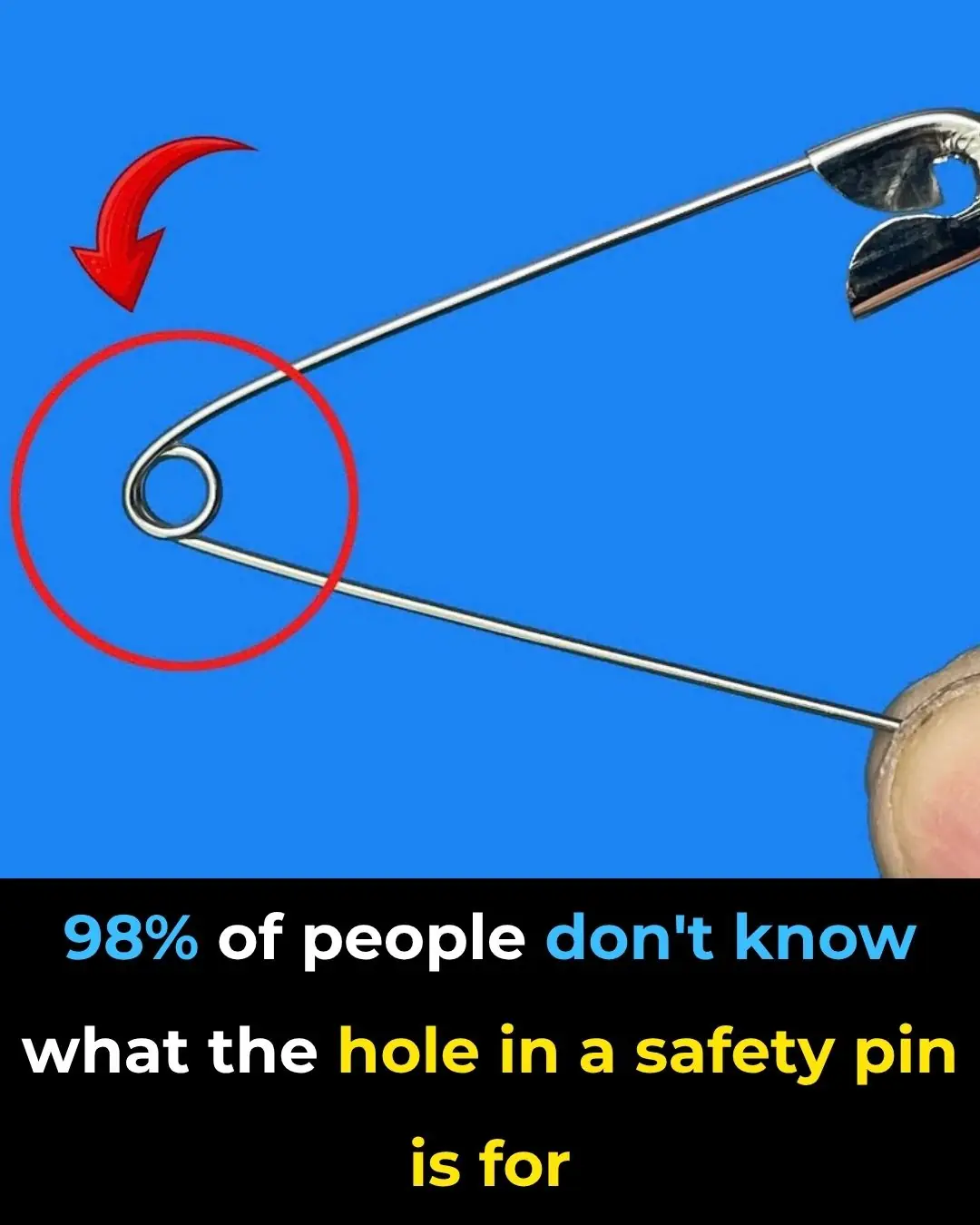
🔍 What’s the Purpose of That Tiny Hole in a Safety Pin?
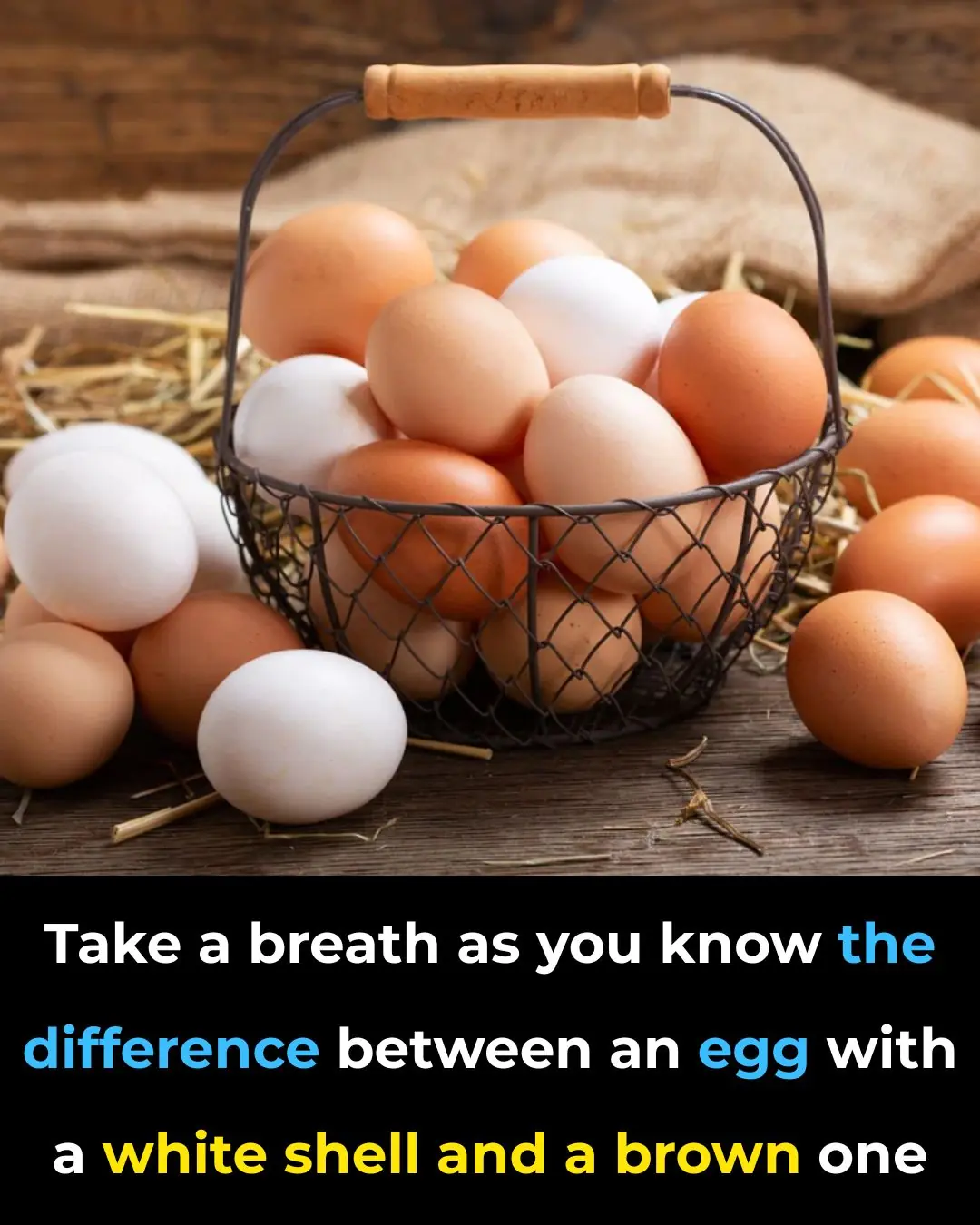
Brown vs. White Eggs: Which Should You Choose?

The Animal You See First Reveals Your Anger Trigger

New Study Finds Eating More Than 1 Egg Per Week Cuts Alzheimer’s Risk by 47%

How Denmark Is Redefining Childhood in the Digital Age

4 things you shouldn't keep

The Hidden Meaning Behind Tongue Piercings Most People Don’t Know

Scientists Create Revolutionary “Superwood” Stronger Than Steel and Completely Fireproof

The Wondiwoi Tree Kangaroo Returns After Nearly a Century of Silence
News Post
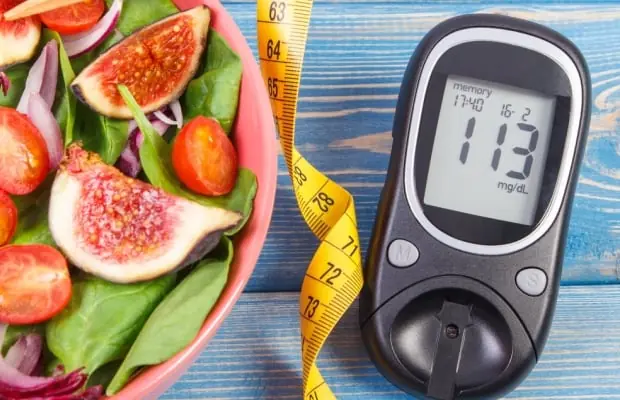
5 Hidden Signs Cataracts Are Already Affecting Your Eyes (and How to Stop Them After 60)
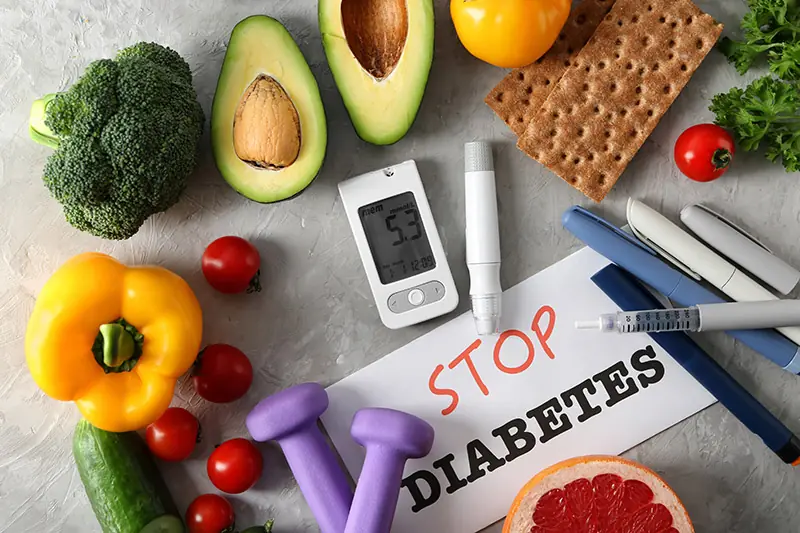
90% of Diabetes Cases Could End If You STOP These Foods

Drink One Cup Daily of Mullein Tea to Cleanse Your Lungs of Phlegm and Toxins

Agmatine: A Little-Known Nutrient for Fibromyalgia and Nerve Pain

Gardening 7 Benefits and Uses of Castor Oil

On the Edge of Engraftment: Gryffin’s Counts Begin to Rise

Put socks on top of the air conditioner: Small thing, big benefits, especially on peak hot days

Halfway Around the World: A Family’s Final Hope for 11-Year-Old Branson Blevins

5 Mistakes Women Unknowingly Make That Drive Men Away

A Senior Year Rewritten: Hailey’s Fight to Walk Again After a Rare Stroke

The Tradition Behind Japanese Floor Sleeping

14 Items to Throw Away Right Now

They are waiting at the bus stop … See it below!👇

Help Little Miłosz Win His Fight for Life

The Pregnant Bear Who Carried a Rifle: A Wild Story of Loss, Instinct, and Unlikely Symbolism

The House Beside Hope – A Family’s Journey Through Fear, Love, and the Gift of a Beating Heart

People tend to sleep apart after 50, which means

A Tiny Heart That Refuses to Give Up — Help Save Little Agnieszka’s Life
